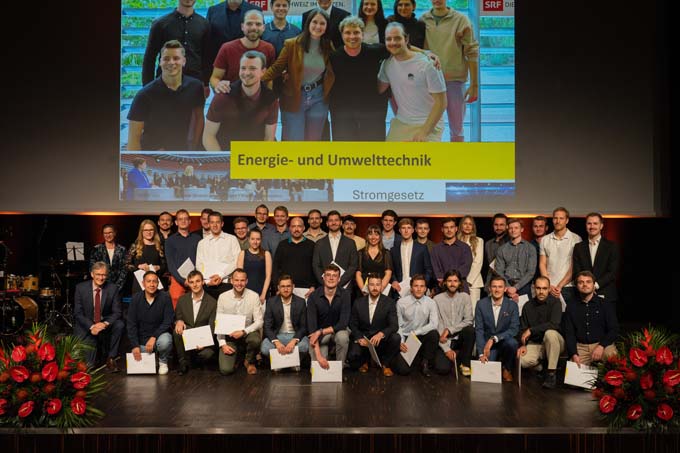Country life is healthier for young birds
Young jackdaws are more likely to survive if they feed on insects instead of food scraps. This is shown by a study of the ornithological station Sempach.

The jackdaw is a cavity nester and likes to nest in old woodpecker cavities. But it has also colonized the holes in churches, castles and other man-made structures, earning it the nickname "tower jackdaw." But whether it's an urban jackdaw or a country jackdaw, the gregarious corvid breeds in small colonies and feeds on insects and other invertebrates it finds in short-grass meadows and pastures surrounding the nesting site.
Food scraps as a source of food
As a common but sparse breeding bird, the jackdaw is listed as "vulnerable" on the Red List and is considered a priority species for the "Species Promotion Program", which is carried out by the Swiss Ornithological Institute Sempach and BirdLife Switzerland, and supported by the Federal Office for the Environment. This is because there are hardly any suitable breeding sites near the places where the jackdaw finds food for its young.
However, as a typical raven bird, the jackdaw is very clever and has discovered settlements for itself, where it has learned to use human food scraps to stuff the hungry beaks of its young.
Natural food leads to lower mortality rate
But is a diet based on food scraps instead of large insects at all healthy for the jackdaw? This is exactly the question that interested the researchers of the ornithological station Sempach, when they offered the jackdaws in the city of Murten additional natural, protein-rich food.
The jackdaw pairs that received this additional healthy food laid larger eggs, which had a higher hatching rate, compared to the pairs that ate only "fast food". In a second experiment, some young jackdaws from Murten were offered the healthy food until they hatched. They had a lower mortality rate in contrast to their neighbors who grew up without additional protein intake.
Promote healthy eating
To help the jackdaw in Switzerland, Lukas Jenni, co-author of the study and scientific director of the Sempach ornithological station, therefore advises: "Promoting the jackdaw with boxes and other nesting aids is particularly useful in zones with extensive agriculture, where it finds enough natural and protein-rich food for its young."
Source: Swiss Ornithological Institute Sempach









